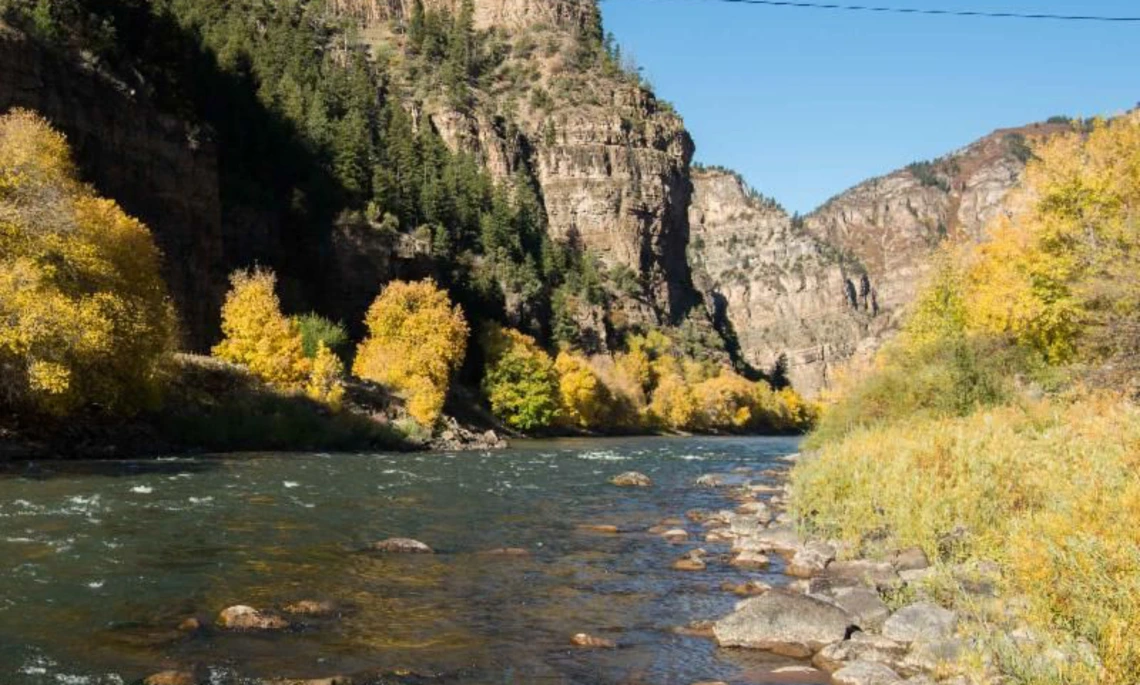Initial Responses to Projected 2023 Cutbacks from Upper & Lower Colorado River Basins

Following Bureau of Reclamation (Reclamation) Commissioner Camille Touton’s June 14 presentation to the US Senate Energy & Natural Resources Committee, the Colorado River Basin states have been working to develop plans to conserve two to four million acre-feet of water in 2023 to maintain critical water levels in Lake Powell and Lake Mead. Touton called for states to have a 2023 plan ready by mid-August, promising that if the states do not act to conserve sufficient water in the Colorado River, Reclamation will act to protect the system.
On July 18, the Upper Colorado River Commission, composed of representatives from Colorado, New Mexico, Utah, and Wyoming, sent a letter to Commissioner Touton outlining a five-point plan for water conservation. This plan would implement financial incentives for ranchers and farmers to use less water, reinstate the System Conservation Pilot Project that ended in 2018, and call for federal funding for improved water management tools under the federal Bipartisan Infrastructure Law. The Upper Basin states expressed concern, however, that the effectiveness of their plan will be limited because “Lower Basin and Mexico depletions are more than double the depletions in the Upper Basin. Therefore, additional efforts to protect critical reservoir elevations must include significant actions focused downstream of Lake Powell.”
Arizona water leaders held a meeting of the Arizona Reconsultation Committee on July 13 to discuss Arizona’s plan for addressing the Colorado River shortages. Central Arizona Project General (CAP) Manager Ted Cooke and Arizona Department of Water Resources Director Tom Buschatzke gave a presentation on the challenges Arizona faces in consulting with other Basin states to create a 2023 plan. Real action is needed, so we can “Expect deeper reductions than previously anticipated under Tier 2 or Tier 3 in 2023” and the plan must “result in wet water reductions.” However, Buschatzke emphasized that Arizona will not give up all rights to CAP water easily, asserting that “If they want to force that outcome on us we will deal with those impacts, but we are not going to voluntarily send CAP into the mud.”
These planning efforts will likely be aided by Arizona’s recent $1.2B water infrastructure bill, signed by Governor Doug Ducey last month. In a July 22 interview on NPR’s “The Buzz,” State Representative Tim Dunn discussed how that money will be used. Some of it will be allocated for seeking to bring new sources of water into the state, such as Gov. Ducey’s proposed desalination project. Another portion of the money will focus on in-state water conservation efforts, reducing overall usage and improving water retention. WRRC Director Sharon B. Megdal was also interviewed on “The Buzz” to share her perspective on the state’s financial commitment to water.
Image: US Bureau of Reclamation

